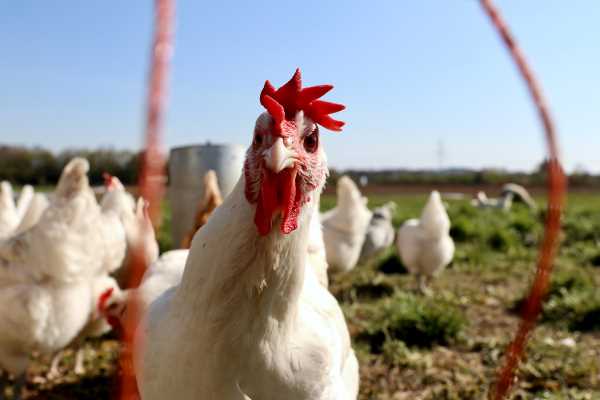Poultry farming is a lucrative market in Africa due to the inability to maintain them. The feed for chickens has rapidly increased and the banks don’t want to lend to small farmers. The demand for poultry is rising in Africa — and few places supply it.
They often import chicken and eggs from other countries. However, this is costly and products can arrive damaged. Here are some ways poultry farming in Africa can become more affordable.
Get Funding
Although most banks aren’t likely to give money to lesser-known farmers, some grants are available to them. These help people begin their shot at the poultry market by starting a farm.
The odds aren’t great because some farmers try to start with too many chickens to cash in on the need for poultry in the area. However, if you don’t know what you’re doing and don’t consider factors, you could be more in over your head than you realize.
Chicken Initiative
Agriculture is the fastest-growing market in Africa. Farmers there, however, don’t have access to research facilities to assist them with their breeds. African chickens need more of the high-priced feed than other birds in the market and African farmers don’t have access to broiler birds, which are good for meat.
The International Livestock Research Institute (ILRI) is leading an initiative called The African Chicken Genetic Claims project. Their main goal is to change the genetic makeup of chickens and make them more productive for Africans with small farms.
The Bill & Melinda Gates Foundation provided $21.4 million and a four-year plan in 2017 to The World Poultry Foundation. The mission is to improve chicken genes and poultry production in Tanzania and Nigeria.
The grant impacted about 2.5 million households in the four years after they donated. The end goal here was a sustainable supply chain that would provide healthy chickens to entrepreneurs in small farming in Africa.
Chicken Breeds
Throughout history, there have been over 200 breeds of chickens developed for different agricultural needs. Many chickens have common characteristics, although they aren’t of the same species and have another purpose from their counterparts.
Chickens are grouped by their breed based on their physical origin and characteristics. The main large groups are Mediterranean, American, Asian, Asiatic and English. Many breeds fall into these categories, ranging from soft-feather species to hard-feather ones.
Junglefowl is possibly the original prototype for creating different breeds. There are three main types of these birds classified by their coloring and existence in other parts of the world. Green, grey and red junglefowl are often in the wild or on domesticated farms and homes.
Choose Poultry
Farmers use different types of chickens for different kinds of poultry. When starting a business, like a farm, you must decide what sort of chicken you’ll need for the goods you want to provide. Broiler chickens produce meat and layer chickens are for laying eggs.
The most lucrative areas of poultry in South Africa are raising chicks, incubating them and making meat and eggs. Choose one type of chicken to start with to gain experience and further your knowledge of poultry before you try to expand your market.
Creating Affordable Poultry Farming in Africa
There are millions of Africans suffering from poverty that stand to gain a profit from potential poultry farming. Not only would they be monetarily benefiting, but they would also be fulfilling a need in their community and household.
Individuals looking to begin farming in South Africa should apply for a grant and try to find an experienced farmer to learn from before they start. Smallholder farms are a growing trend in Africa that can use initiatives and assistance to bring more jobs and a sustainable market to their society.

Jane is an agriculture and environmental journalist and the founder and editor-in-chief of Environment.co, where she covers sustainability and eco-friendly living.









How can someone get market to supply with meat chicken and eggs
Comments are closed.